Israel’s War on Gaza Is Also a War on History, Education, and Children
Hagopian connects the attacks in the United States on teaching about race and gender to Israel’s attacks on children, schools, and historical memory in Palestine.
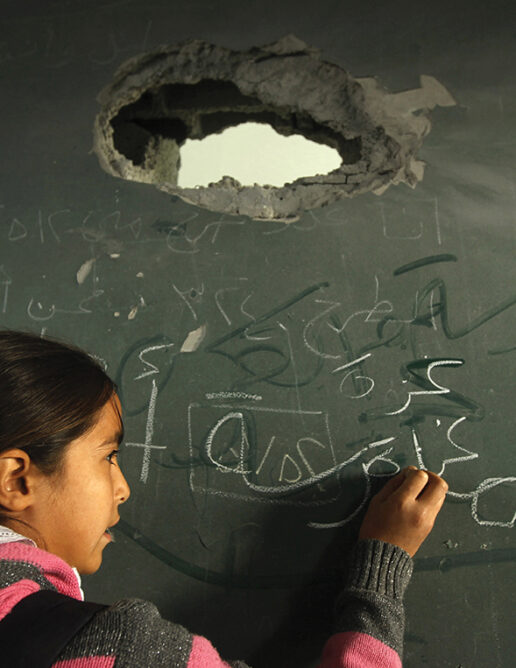
Hagopian connects the attacks in the United States on teaching about race and gender to Israel’s attacks on children, schools, and historical memory in Palestine.
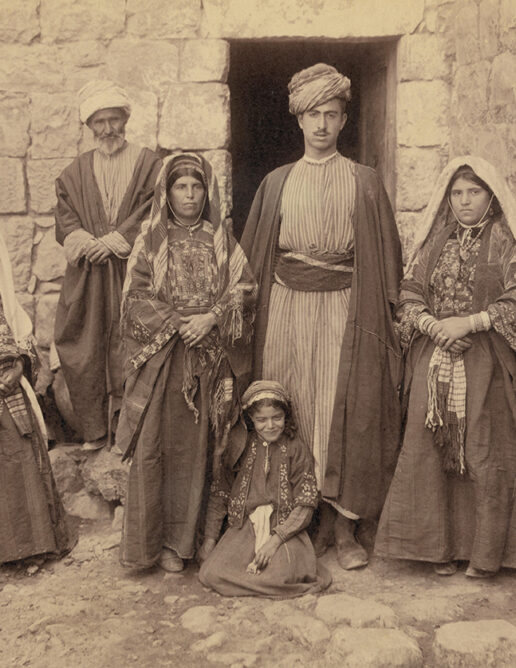
Bigelow describes a new lesson on the roots of the violence in Palestine — and argues that history shows that anti-Zionism is not automatically antisemitism.
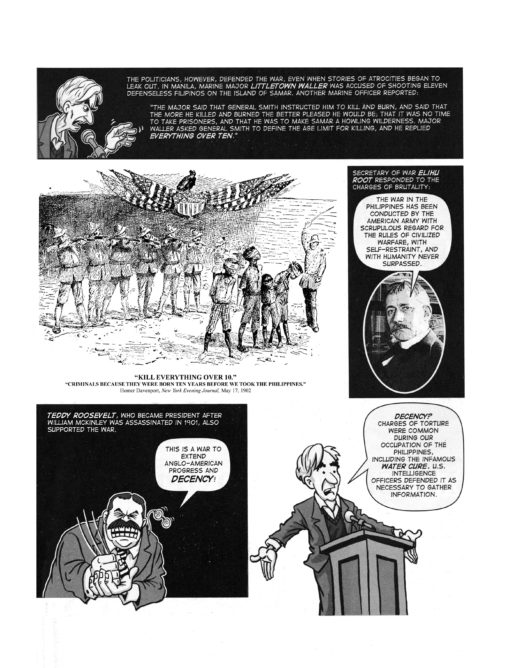
Have we reached a point in history where we are ready to embrace a new way of living in the world, expanding not our military power, but our humanity?
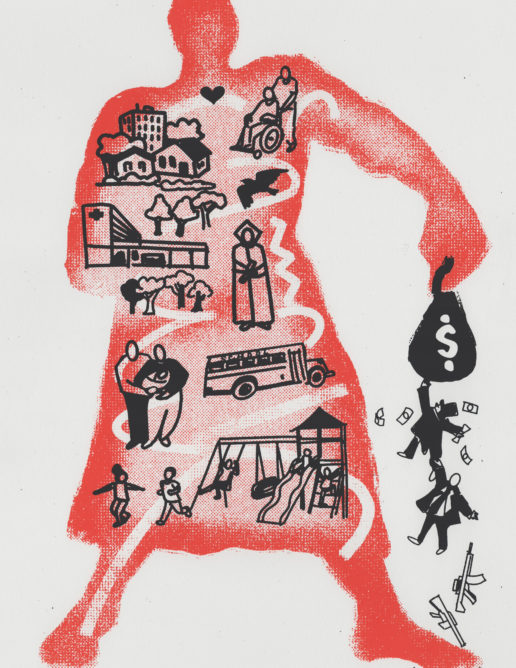
Like you, we are angry and fearful about the Russian invasion of Ukraine, and these are terrifying times for our students. As Ukrainian educator Igor Tsyvgintsev reminds us, “The entire curriculum of school studies comes down to humaneness.”
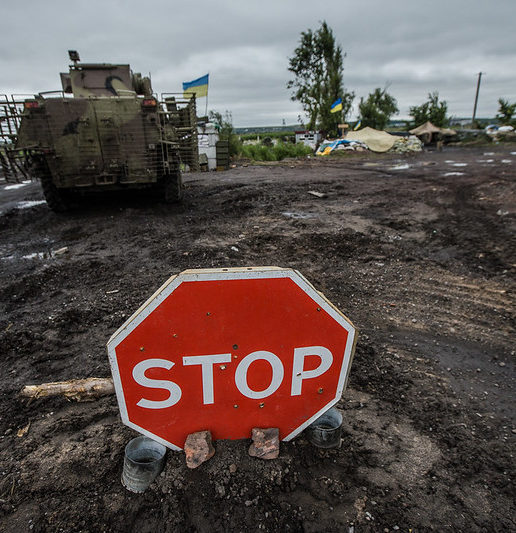
Dear Rethinking Schools friends, Like you, we are angry and fearful about the Russian invasion of Ukraine. This is already causing immense suffering — which will only increase. These are […]
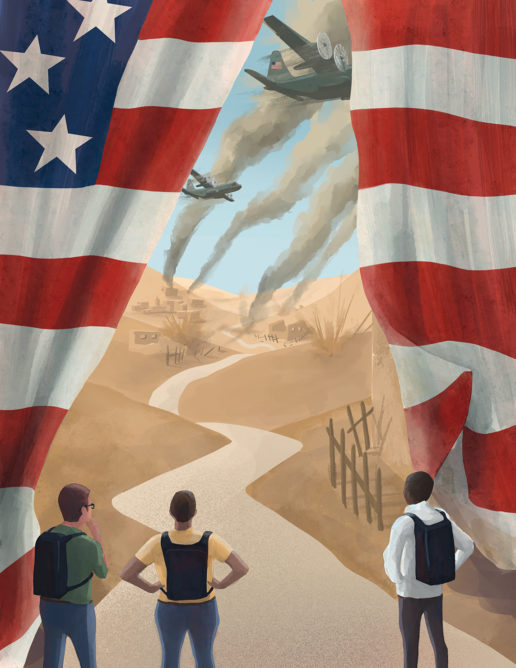
Teaching against imperialism means teaching against the disease of racism and economic exploitation; it means teaching for equality, teaching for social health, teaching for humanity. As educators, that is the side we want to be on.

The American Empire has always been a bipartisan project—Democrats and Republicans have taken turns extending it
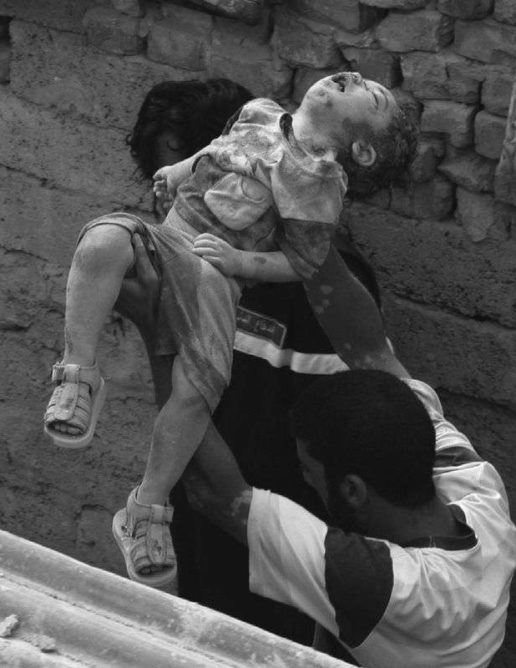
Iraq’s children have been more gravely affected by the U.S. occupation than any other segment of the population.”
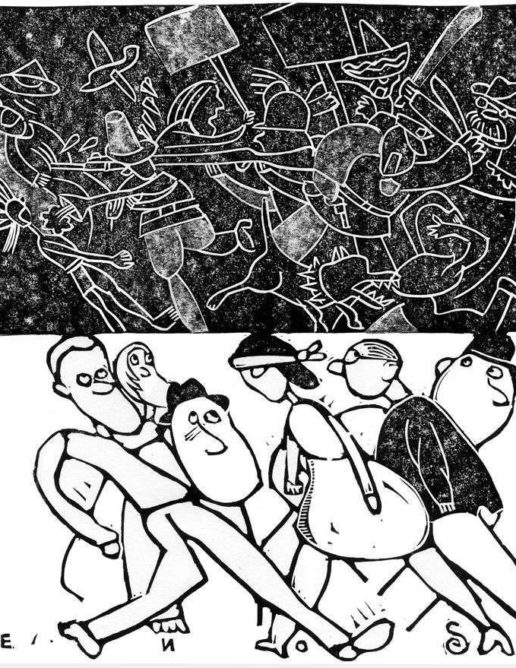
When texts don’t talk about racism
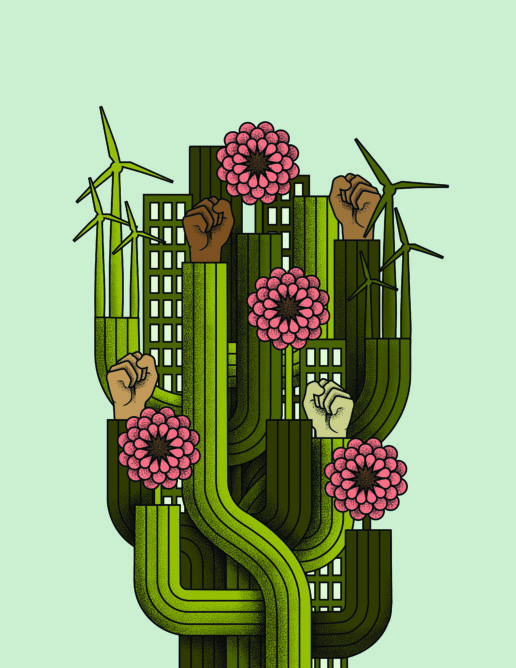
So often, the climate crisis is presented in frightening, threatening terms: rising seas, superstorms, raging wildfires, unlivable temperatures, species extinction, disappearing glaciers, dying coral, climate refugees. These are real. But the paradox is that this dystopian possibility is forcing us to imagine an entirely different kind of society. Schools have a central role to play in devising new alternatives and equipping young people to bring those alternatives to life. This is the work we’ve been assigned.
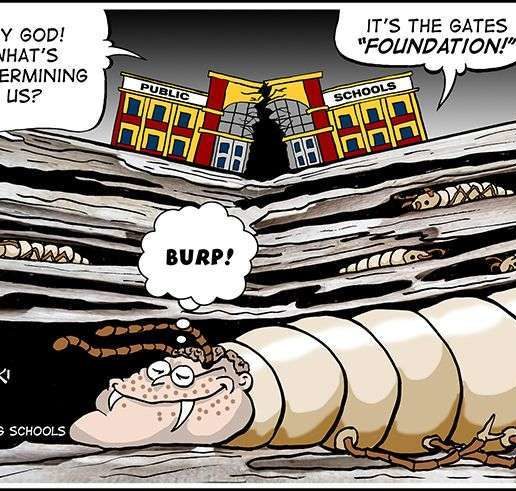
Janice Jackson interviews Rethinking Schools editor Wayne Au about the failure of Bill Gates’ educational initiatives.
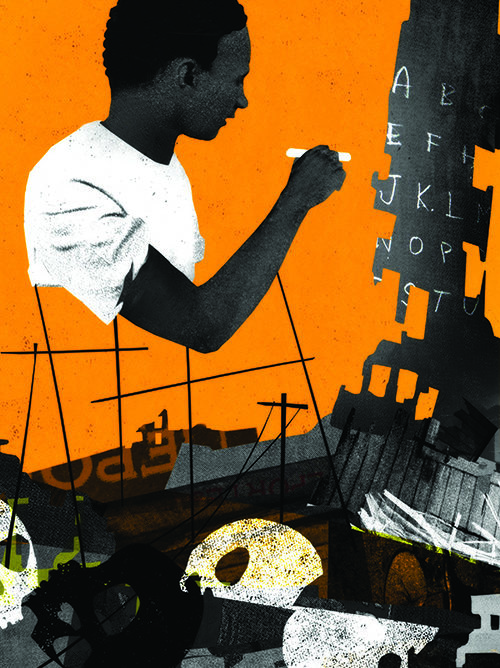
Immediately after an earthquake devastated Haiti in 2010, corporations swooped in to capitalize on the destruction and to privatize public enterprises. Hagopian explores how disaster capitalism hit the education system and what the effects were on students and families.
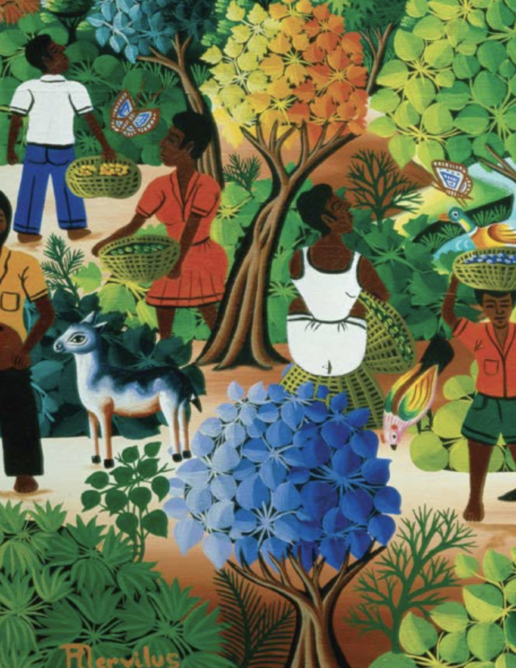
“Haiti is one of the poorest countries in the world.” That’s the only thing this Haitian American teacher remembers being taught in school about her family’s country of origin. She calls for a revolution in how educators teach Haiti.
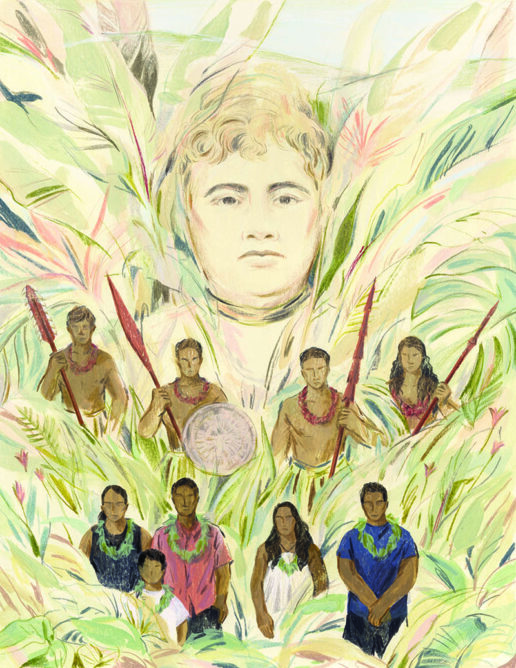
A high school teacher uses the #MeToo movement and students’ own experiences with apologies to interrogate the government’s 1993 apology to Native Hawaiians for the 1893 overthrow of the Kingdom of Hawai’i.
In the spring 2011 issue of Rethinking Schools we editorialized about the immense gulf between our terrible environmental crisis — especially the climate crisis — and the adequacy of schools’ curricular response. Seven years later, we still see this gap between crisis and curriculum — which is why we are launching this regular “Earth, Justice, and Our Classrooms” column: to offer encouragement and resources for teachers to help students explore the roots and consequences of the crisis and figure out how to respond.
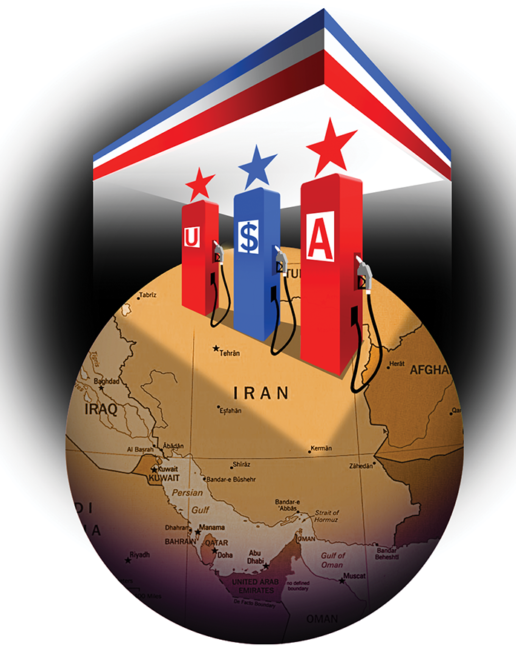
A high school teacher critiques the textbook treatment of the Cold War and U.S. imperialism. She describes her approach to the “curricular conundrum” that the Cold War presents because it lasted so long, and was so far-flung. “”If we are ever to create a different world, one in which the United States does not cast an outsized and militarized shadow across the globe, we need our students to understand how and why that shadow was created in the first place.”
A high school social studies teacher centers Standing Rock Sioux history and leadership in a unit on resistance to DAPL.
Returning to her home country of Okinawa at 13, Moé Yonamine was hit by a teacher for speaking her Indigenous language. She reflects on the history of colonial oppression in Okinawa and the importance of keeping culture and language alive.
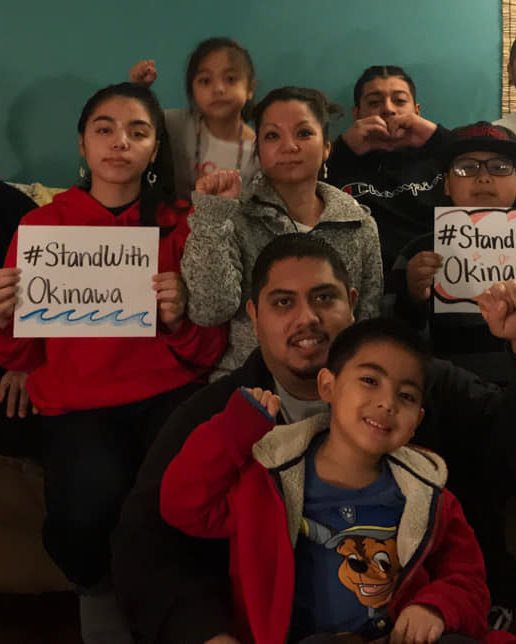
By Moé Yonamine “Don’t cry here,” an 86-year-old Okinawan grandmother I had never met before told me. She stood next to me and took my hand. I had been visiting […]
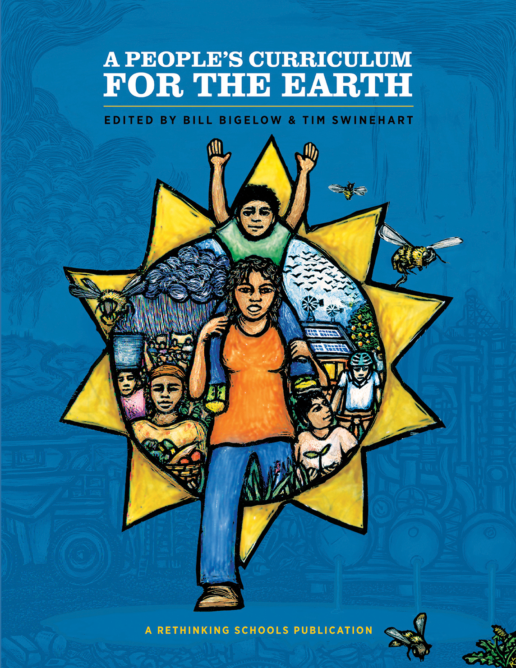
Five years in the making, A People’s Curriculum for the Earth is a collection of articles, role plays, simulations, stories, poems, and graphics to help breathe life into teaching about the environmental crisis. The book features some of the best articles from Rethinking Schools magazine alongside classroom-friendly readings on climate change, energy, water, food, and pollutionÑas well as on people who are working to make things better. A People’s Curriculum for the Earth has the breadth and depth of Rethinking Globalization: Teaching for Justice in an Unjust World, one of the most popular books we’ve published.
At a time when it’s becoming increasingly obvious that life on Earth is at risk, here is a resource that helps students see what’s wrong and imagine solutions.
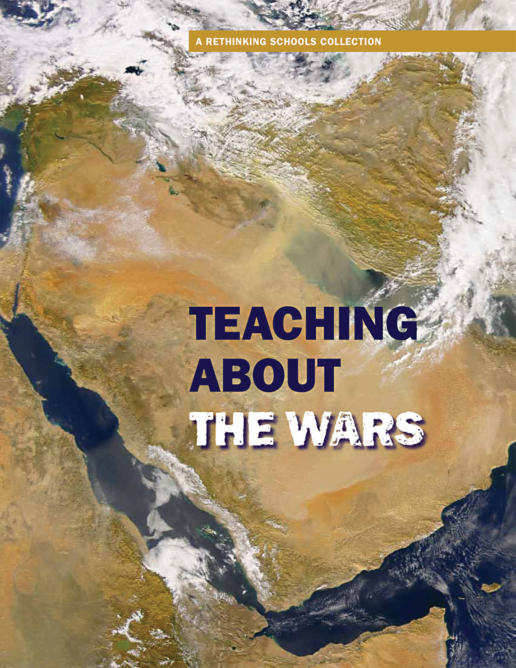
During his four years in office, President Trump pushed the United States closer toward war with Iran. After barely a month in office, President Joe Biden carried out airstrikes in […]
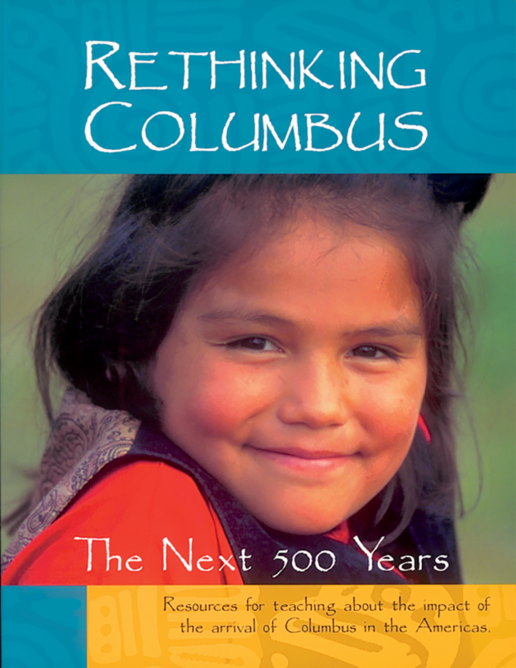
Why rethink Christopher Columbus? Because the Columbus myth is a foundation of children’s beliefs about society. Columbus is often a child’s first lesson about encounters between different cultures and races. […]
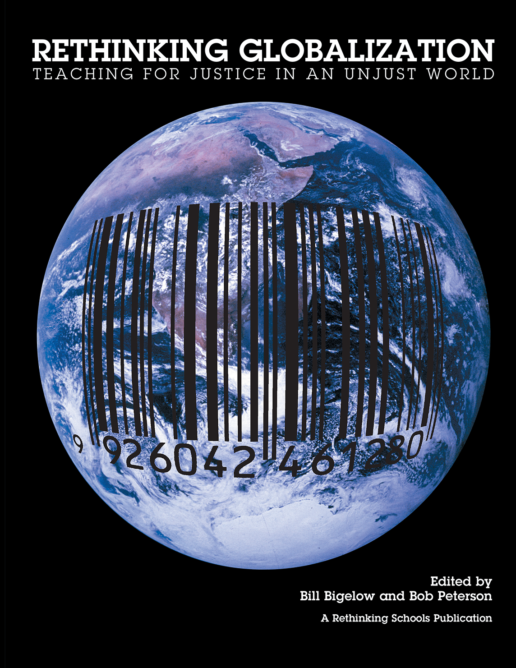
This comprehensive 400-page book from Rethinking Schools helps teachers raise critical issues with students in grades 4-12 about the increasing globalization of the world’s economies and infrastructures, and the many […]